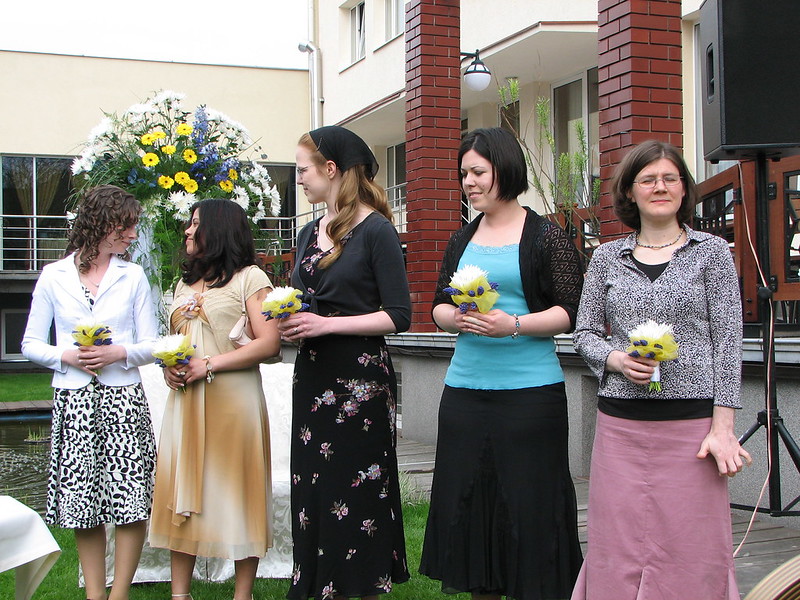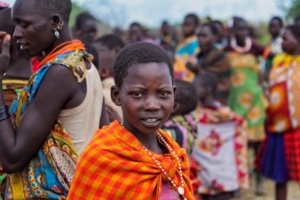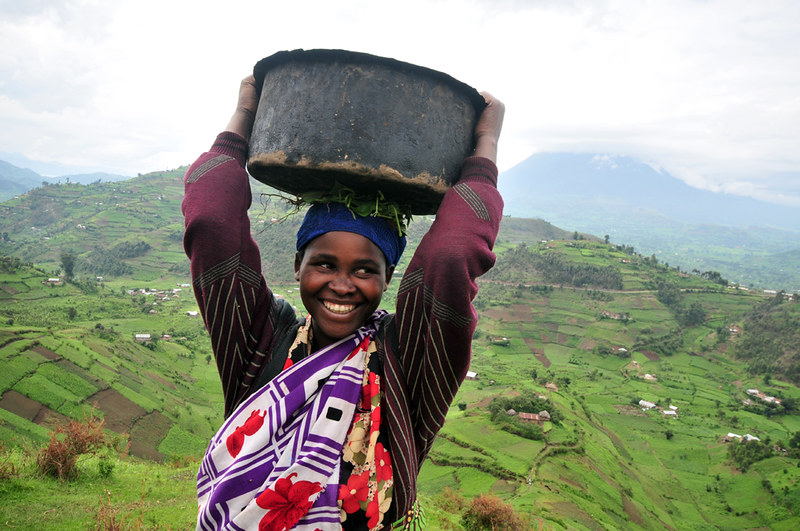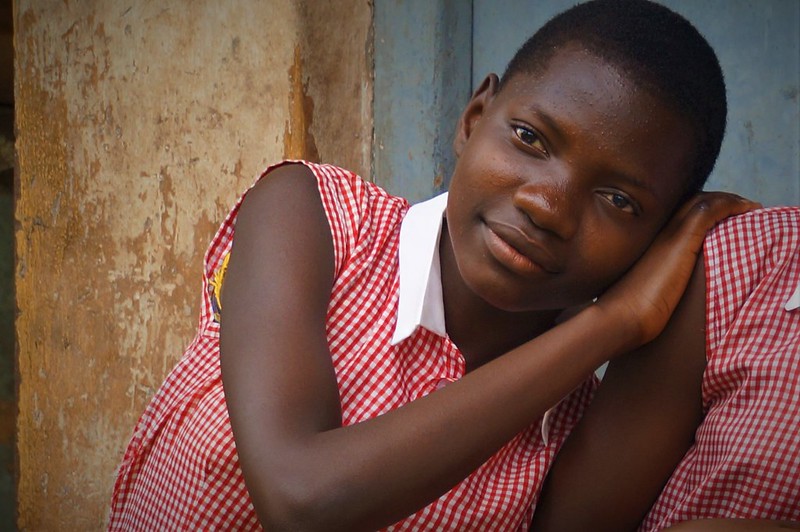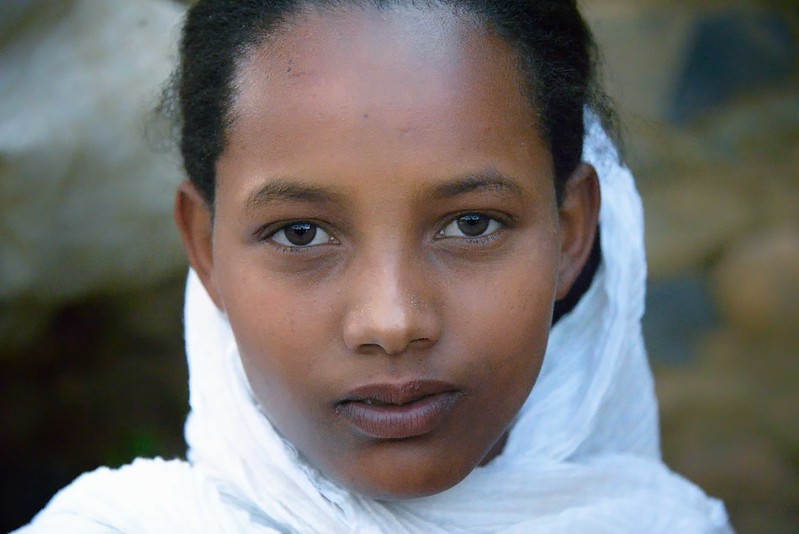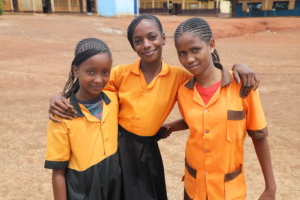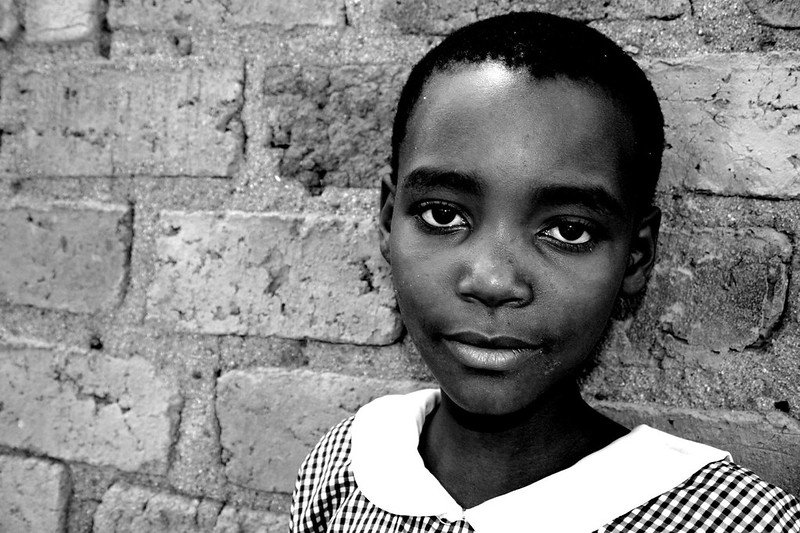

About Period Poverty
Organizations such as the United Nations Children’s Fund (UNICEF) and the Pan African Think Tank define period poverty as inadequate access to menstrual hygiene health, products and education. This includes the inability to access pads, tampons or menstrual cups, as well as inadequate washing facilities, improper waste management and lack of education. While period poverty stems from multiple causes, the most frequently discussed is economic insecurity.
Period poverty is experienced by women and girls globally. Not every girl facing this issue is experiencing economic insecurity, but low- and middle-income areas are heavily affected. Families battling low income may not have proper access to menstrual or hygiene products or washing facilities due to inflation. According to a 2022 article by Context, prices of menstrual products in African countries doubled over a short period. In Ghana, where the inflation rate was 32%, prices rose from 5 Ghanaian cedi in 2021 to 12 in 2022. Low-income homes across Africa, including Uganda, sometimes reject their daughters’ requests for sanitary pads to afford food. As a result, 1 in 10 women and girls living in Sub-Saharan Africa miss school during their periods, accounting for about 20% of the academic school year.
Lack of Sanitation Facilities and Menstrual Education
Economic insecurity is not the only contributing factor. Another major driver is the lack of basic sanitation facilities in schools. More than 1.5 billion people worldwide do not have access to basic sanitation, such as private toilets. This alone keeps many girls out of school, as facilities may not be clean or may lack proper waste-disposal methods.
A final driver of period poverty is the lack of menstrual education. This affects girls by perpetuating stigmas and preventing them from understanding essential information about their menstrual cycle. In several countries, girls with periods face harmful cultural norms, including being labeled as “dirty” or restricted from certain activities. These stigmas stem from the lack of menstrual education provided in schools. Without basic knowledge of regular and irregular bleeding, hygiene needs or what symptoms require attention, girls may face health risks such as UTIs, dermatitis and unsafe practices such as transactional sex.
Period Poverty in Uganda and Its Effects on Girls
Affording and accessing menstrual necessities remains a widespread challenge in Uganda. More than half of the country’s female population is unable to meet their menstrual health needs. While the Government of Uganda has acknowledged period poverty as a critical issue that limits women and girls both developmentally and educationally, the problem remains prevalent.
“Ugandan girls would use old rags, clothes, and even toilet paper when they were on their period,” said Irene Nakitende, a Ugandan student at the University of North Texas, during a speech on period poverty.
Nakitende experienced period poverty in her youth in Uganda and recalled the main issues that contributed to it, including lack of education and sanitation facilities, as well as bullying. Many families could not afford pads and prioritized food instead. Because of this lack of products, girls often resorted to alternatives that led to leakage. Stained clothing resulted in embarrassment and bullying, causing many girls to stay home every month for one to five days and miss an average of 20% of classes during the school year.
The primary impact period poverty has on Ugandan girls is access to education. In Uganda, 19.8% of girls missed school at least once during the year because of their periods, and 17.3% reported absenteeism specifically during menstrual days. Missing such a high percentage of lessons reduces the likelihood of pursuing higher education after primary or secondary school.
Lack of education also includes limited menstrual education. Up to 66% of girls do not understand their periods until they experience them. Without information on menstrual pain, hygiene steps or warning signs of infections, girls face increased risks of UTIs, dermatitis and other challenges.
Ongoing Efforts
There have been precautionary guidelines created by Ugandan organizations to reduce period poverty. In 2015, the Ministry of Education and Sports (MOES) issued a guideline for schools in Uganda. The guidelines were created in response to the needs of young girls. In 2017, menstrual hygiene management was added to the Planning and Implementation Framework for Water, Sanitation and Hygiene (WASH). This greatly helped girls seeking safe and comfortable spaces to manage their cycles, as 574 secondary schools in Uganda now had proper menstrual hygiene management systems.
In 2019, the National Water and Sanitation Strategy was instituted in Uganda to increase access to sustainable water and proper hygiene services through facilities, teaching and awareness.
Looking Ahead
Continued investment in menstrual health education, sanitation facilities and affordable products can help reduce period poverty across Uganda. As government agencies, schools and nonprofits expand their support, more girls will be able to stay in school, protect their health and manage their periods with dignity. Strengthening these efforts offers a path toward greater equality and long-term social and economic development for women and girls nationwide.
– Keyly Rios
Keyly is based in Dallas, TX, USA and focuses on Global Health for The Borgen Project.
Photo: Flickr
